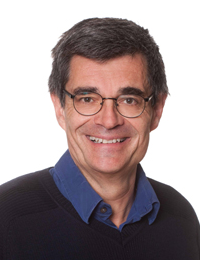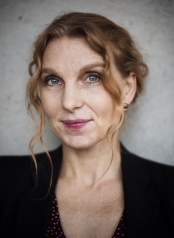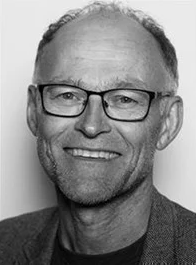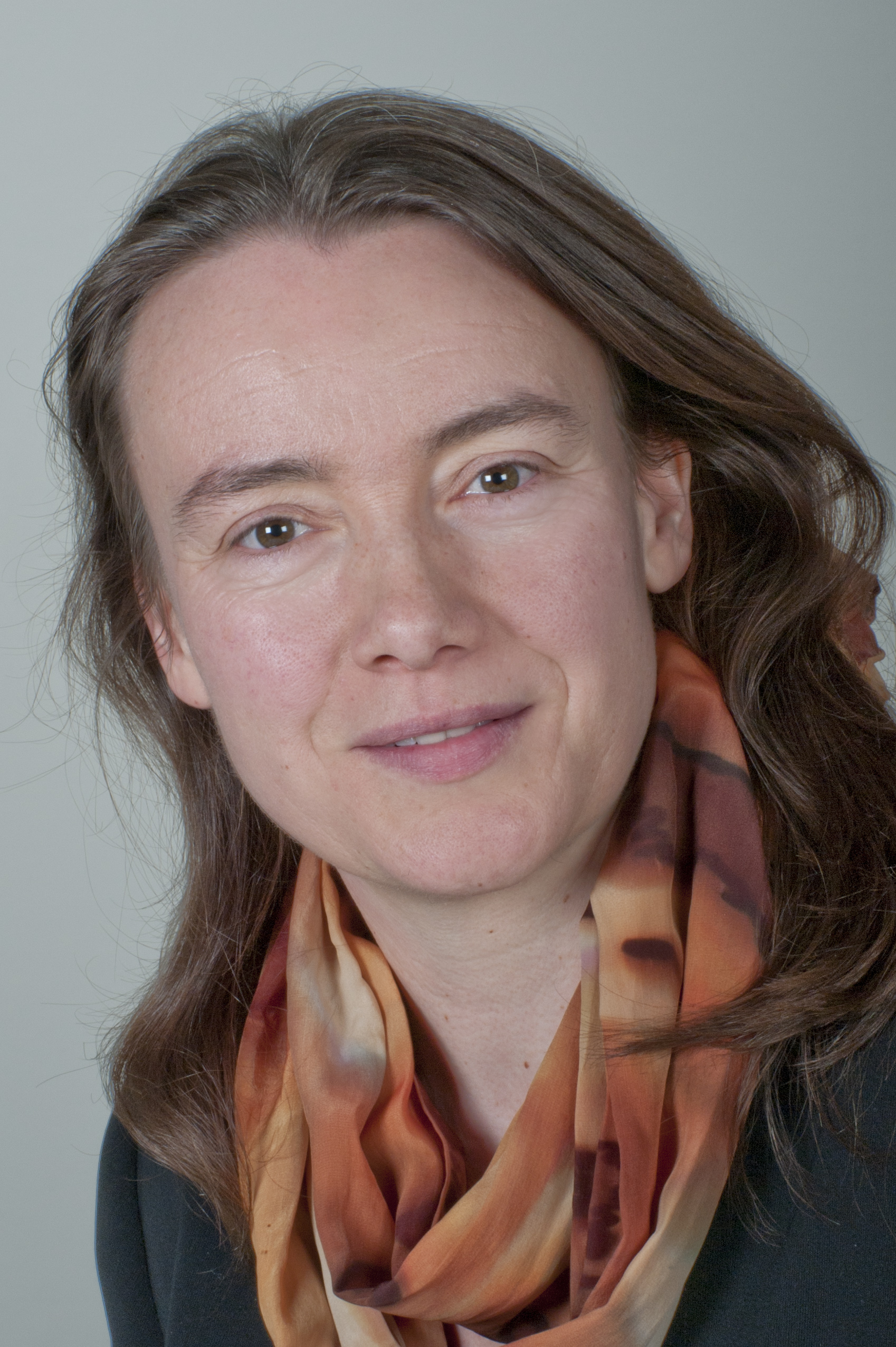This webinar can be viewed here:
Register
The objectives of this seminar are to:
1. Reflect on the different responses to COVID-19 and their impact within European countries.
2. Reflect on what we have learned so far about COVID-19 and how that knowledge can translate into national and international strategy and policy.
3. Reflect on the significance of a gender-sensitive approach to COVID-19.
Moderator:
 Dr. Peter Friberg is the co-founder and Director of SIGHT. He is Professor at Sahlgrenska Academy, University of Gothenburg and senior consultant at Sahlgrenska University Hospital.
Dr. Peter Friberg is the co-founder and Director of SIGHT. He is Professor at Sahlgrenska Academy, University of Gothenburg and senior consultant at Sahlgrenska University Hospital.
He is the former president of the Swedish society of medicine, member of the committee for development research of the Swedish Research Council and chairperson of the health promotion and behavior panel at Swedish Research Council for Health, Working Life and Welfare. His research is focused on the cardiovascular and psychosocial field, including joint research performance with African Population Health Research Center.
Panel:
 Anna Mia Ekström is a clinical Professor in infectious disease epidemiology focusing on HIV and leader for the Global and Sexual Health (GloSH) research group at the Department of Global Public Health, Karolinska Institutet (KI).
Anna Mia Ekström is a clinical Professor in infectious disease epidemiology focusing on HIV and leader for the Global and Sexual Health (GloSH) research group at the Department of Global Public Health, Karolinska Institutet (KI).
MD (Uppsala University), MPH (Harvard Chan School of Public Health, USA), PhD in medical epidemiology (KI), Senior clinical consultant in infectious diseases (Karolinska University Hospital, Stockholm).
 Liina-Kaisa Tynkkynen is Assistant Professor in health and social policy at Tampere University, Faculty of Social Sciences. She is also Docent in Social and Public Policy at University of Jyväskylä, Faculty of Humanities and Social Sciences. Tynkkynen has a PhD in health and social policy and an MSc in public health.
Liina-Kaisa Tynkkynen is Assistant Professor in health and social policy at Tampere University, Faculty of Social Sciences. She is also Docent in Social and Public Policy at University of Jyväskylä, Faculty of Humanities and Social Sciences. Tynkkynen has a PhD in health and social policy and an MSc in public health.
Her research interests are in health systems, health system reforms and private health care. She is involved in COVID-19 Health Systems Response Monitor which is a joint undertaking between WHO, European Commission and European Observatory on Health Systems and Policies.
 Frode Forland is a medical doctor specialist in public health. He currently plays an important role in the Norwegian response to the COVID-19 pandemic as Specialist Director of infectious diseases and global health at the Norwegian Institute of Public Health (NIPH).
Frode Forland is a medical doctor specialist in public health. He currently plays an important role in the Norwegian response to the COVID-19 pandemic as Specialist Director of infectious diseases and global health at the Norwegian Institute of Public Health (NIPH).
 Salla Atkins is Associate Professor in Global Health and Development at Tampere University, Faculty of Social Sciences. She has a PhD in medical sciences from Karolinska Institutet and a MA in Psychological research.
Salla Atkins is Associate Professor in Global Health and Development at Tampere University, Faculty of Social Sciences. She has a PhD in medical sciences from Karolinska Institutet and a MA in Psychological research.
Her research interests are global health systems, gender, and social protection and health. She is also involved in the COVID-19 Health Systems Response Monitor where she has been working with Liina-Kaisa in producing reports on the Finnish response.
 Iris Hunger works at the Centre for International Health Protection (ZIG) of the Robert Koch Institute (RKI) in Berlin, Germany. The responsibility of ZIG is to manage information on global health issues and provide support for the implementation of projects on international health protection. Iris moved to ZIG from RKI’s Federal Information Centre for Biological Threats and Special Pathogens (IBBS), where she focused on national public health preparedness and response capabilities to biological threats caused by highly pathogenic or bioterrorism-related agents. From 2006-2011 Iris headed the Hamburg Research Group for Biological Arms Control at the University of Hamburg, Germany. She also held positions at the Office for Disarmament Affairs at the United Nations in Geneva and the Planning Staff of the Federal Foreign Office in Berlin. Iris has a Master in Biochemistry and a PhD in International Relations.
Iris Hunger works at the Centre for International Health Protection (ZIG) of the Robert Koch Institute (RKI) in Berlin, Germany. The responsibility of ZIG is to manage information on global health issues and provide support for the implementation of projects on international health protection. Iris moved to ZIG from RKI’s Federal Information Centre for Biological Threats and Special Pathogens (IBBS), where she focused on national public health preparedness and response capabilities to biological threats caused by highly pathogenic or bioterrorism-related agents. From 2006-2011 Iris headed the Hamburg Research Group for Biological Arms Control at the University of Hamburg, Germany. She also held positions at the Office for Disarmament Affairs at the United Nations in Geneva and the Planning Staff of the Federal Foreign Office in Berlin. Iris has a Master in Biochemistry and a PhD in International Relations.
Background
On the 11th of March 2020, COVID-19 was declared a pandemic by the World Health Organization. All European countries have experienced widespread community transmission of COVID-19. Many have implemented extensive public health and extraordinary societal and economic measures to flatten the epidemic curve. The measures implemented across Europe include quarantine, isolation, and/or social distancing, as well as various degrees of public closure. These have, however, varied significantly, and these differences have sparked fierce debates globally. These matters, including what we have learned and its significance for moving forward, are important to reflect upon as the European Council and the joint European Roadmap now aim to return Europe's economies and societies to normal.
Women in Global Health chapters in Sweden, Norway, Germany and Finland are happy to invite you to a webinar offering reflections on preparedness, response plans, gender equality, public health, and social and economic measures within respective countries.
Webinar Format
This webinar will be a panel discussion and all participants must register for this webinar in order to receive the Zoom webinar link. Please note that this webinar will be recorded and distributed to those who registered but were unable to join.
Register
Resources:
